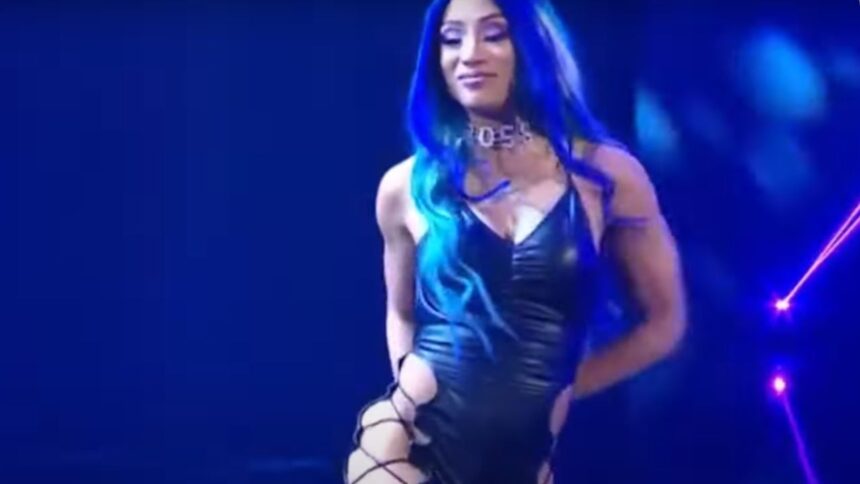Mercedes Moné’s recent revelation about having full creative control over her character in AEW has ignited a wave of discussion within the wrestling community. This significant level of autonomy has led many to reflect on the creative dynamics in wrestling, with former WWE star Mandy Rose sharing her own insights into the matter. Rose discussed the challenges she encountered and the frustration that often accompanied her efforts to influence her character’s direction during her time with WWE.
Rose’s experience highlights a common struggle among wrestlers who seek greater input into their personas and storylines. Despite her popularity and in-ring prowess, Rose found herself frequently constrained by creative decisions that didn’t align with her vision for her character. This lack of control can be disheartening for performers who are passionate about their craft and eager to contribute to the storytelling process.
Moné’s situation in AEW, where she enjoys complete creative control, contrasts sharply with Rose’s WWE experience and underscores the varying approaches to character development across different wrestling promotions. This autonomy allows Moné to shape her persona and narratives in a way that truly reflects her artistic intentions. The discussions sparked by Moné’s disclosure and Rose’s reflections emphasize the ongoing conversation about the importance of creative freedom in professional wrestling and its impact on talent satisfaction and engagement.
Reflecting on Creative Frustrations
Speaking on her “Power Alphas” podcast, Mandy Rose highlighted Mercedes Moné’s persistent desire for creative input during her time in WWE. Moné, currently thriving in AEW as the TBS Champion, frequently clashed with WWE’s creative team, feeling stifled and unable to fully express her ideas.
“Good for her for doing what she did and now she’s able to have complete creative control which she was always big with,” Rose commented. “I remember in WWE, like, if she wasn’t happy with something, it was hard for her to be able to speak out about it because certain circumstances and people really weren’t going to change it. Then it was useless to even speak out cause you’re just wasting your breath.”
The Struggle for Creative Freedom
Rose’s remarks underscore a broader issue within WWE, where wrestlers often find themselves constrained by rigid creative decisions. Despite their passion and vision for their characters, many feel their voices go unheard, leading to frustration and a sense of futility. Rose acknowledged this struggle, empathizing with Moné’s past experiences and celebrating her current autonomy in AEW.
Hopes for Change
Reflecting on her own journey, Mandy Rose expressed hope that the backstage culture in WWE has evolved to allow more creative freedom for its talent. Since leaving WWE, Rose has embraced opportunities to explore her creativity in various projects outside of wrestling, finding a sense of fulfillment that eluded her in WWE.
“I hope the culture surrounding creative control has changed in WWE,” Rose said. “Ever since leaving WWE, I’ve been able to be creative in my projects outside of wrestling, and it’s been incredibly rewarding.”
Stephen’s Insight
Mandy Rose’s candid reflections reveal a critical aspect of the professional wrestling industry—the struggle for creative control. Wrestlers, who are deeply invested in their characters and stories, often face significant obstacles in shaping their on-screen personas. The contrast between WWE and AEW’s approaches to creative freedom highlights the ongoing evolution within the industry, offering wrestlers like Moné and Rose opportunities to thrive in environments that value their input and vision.




